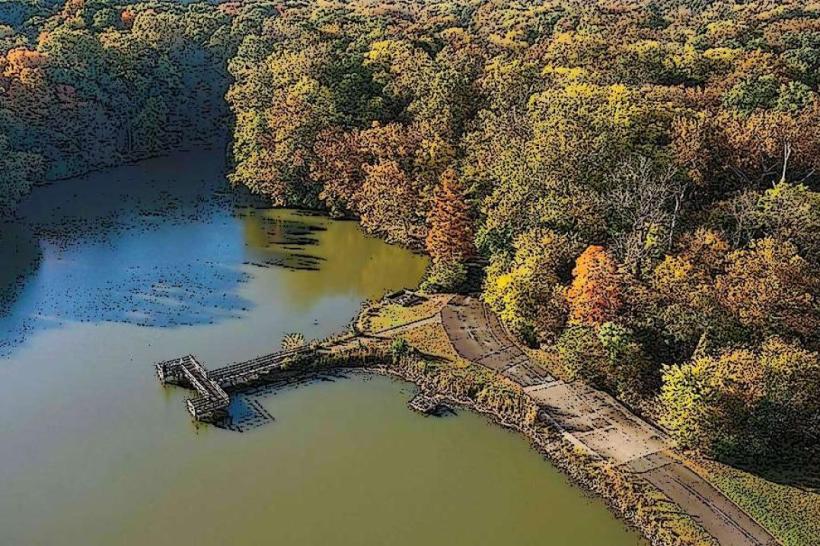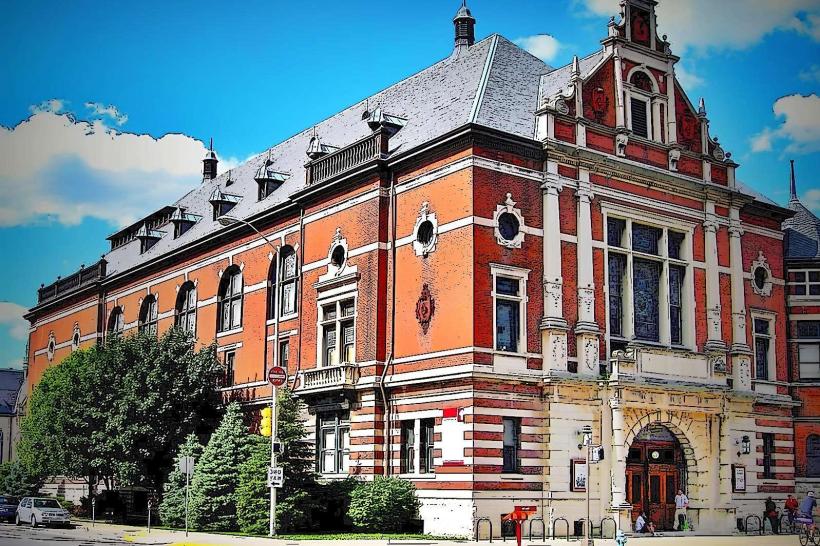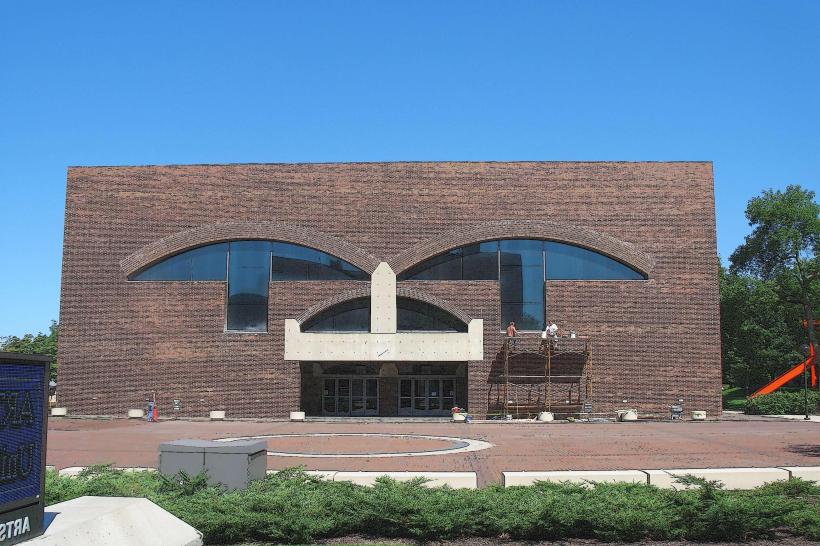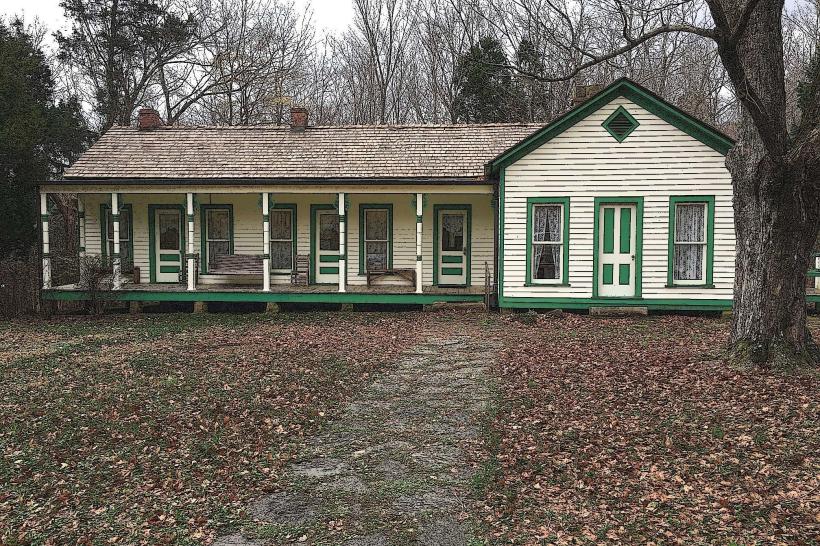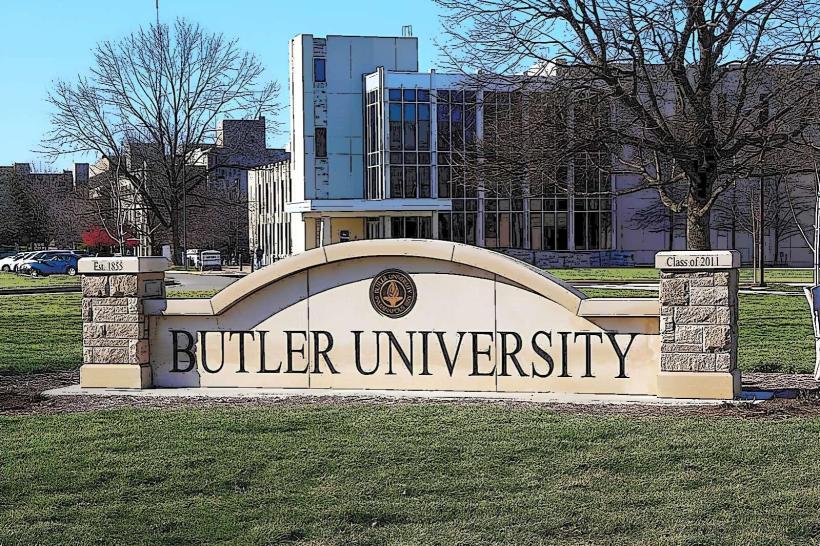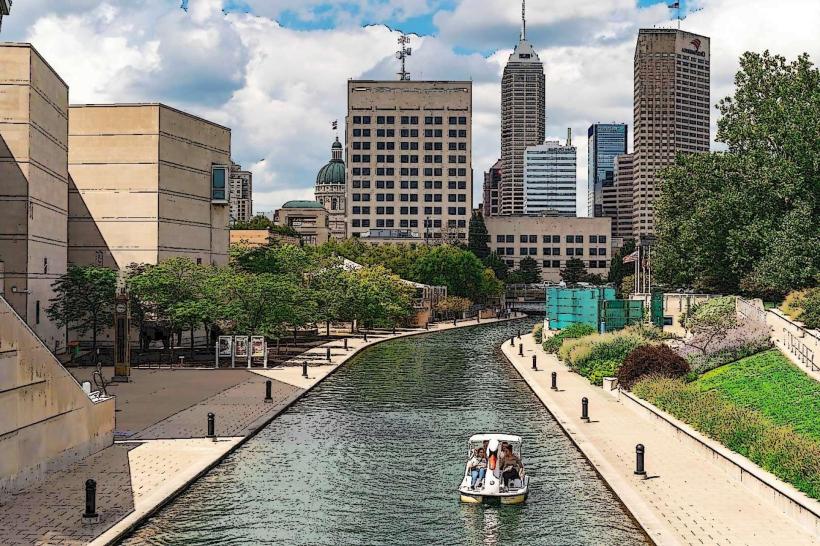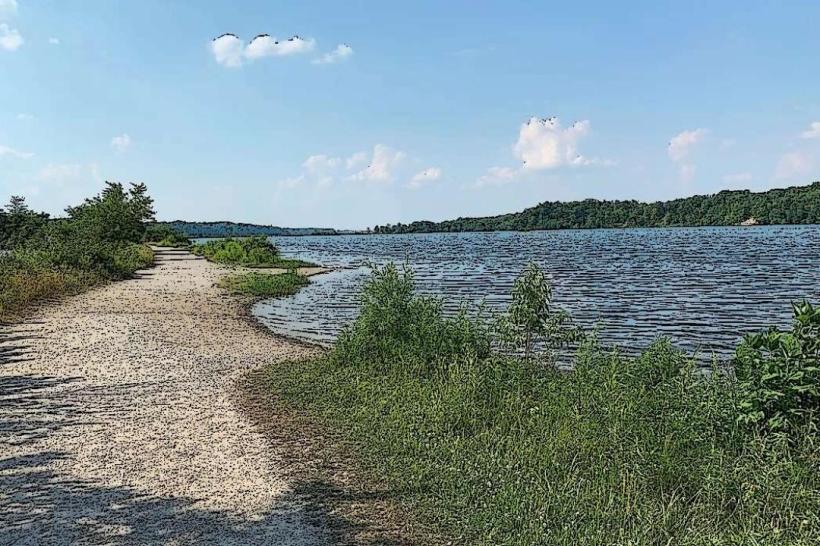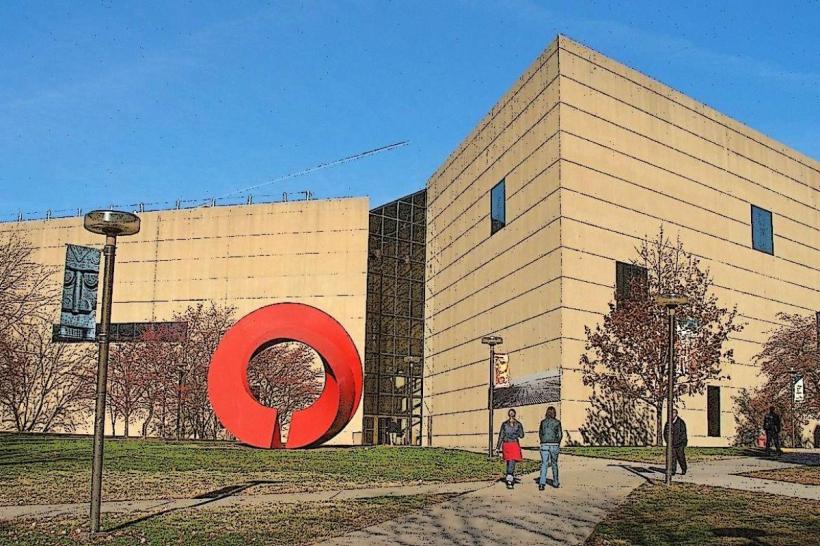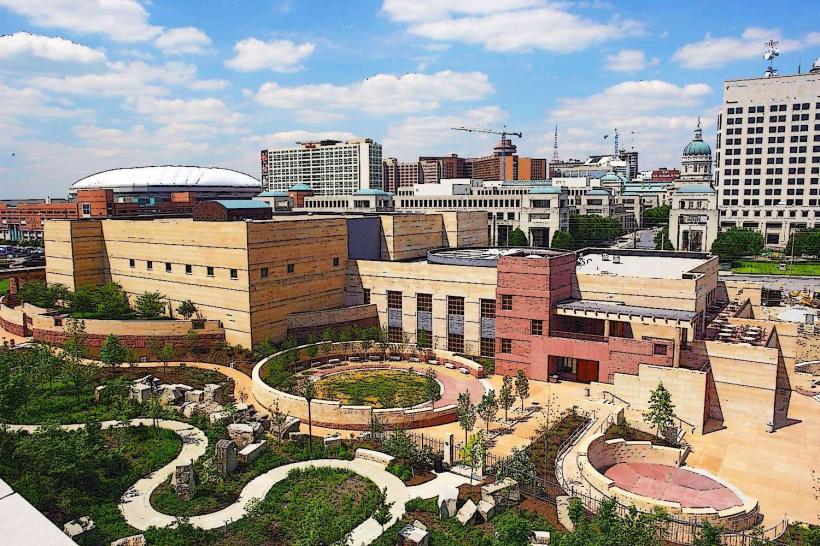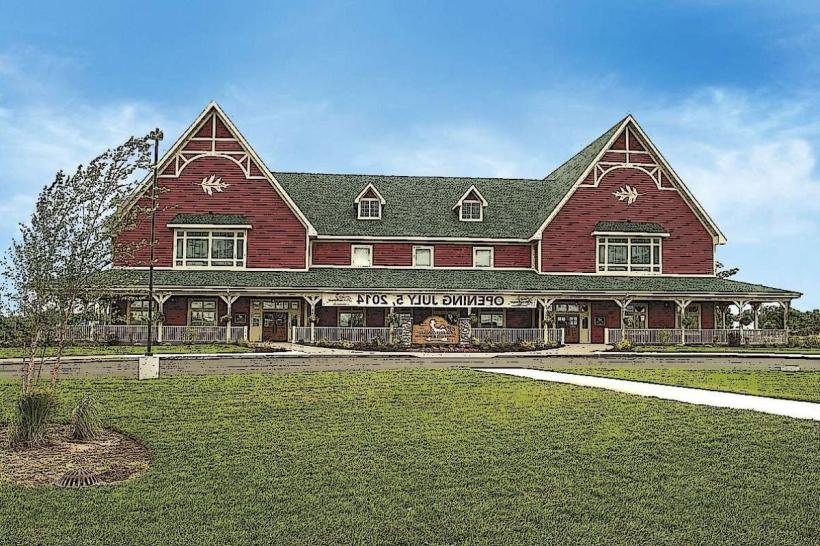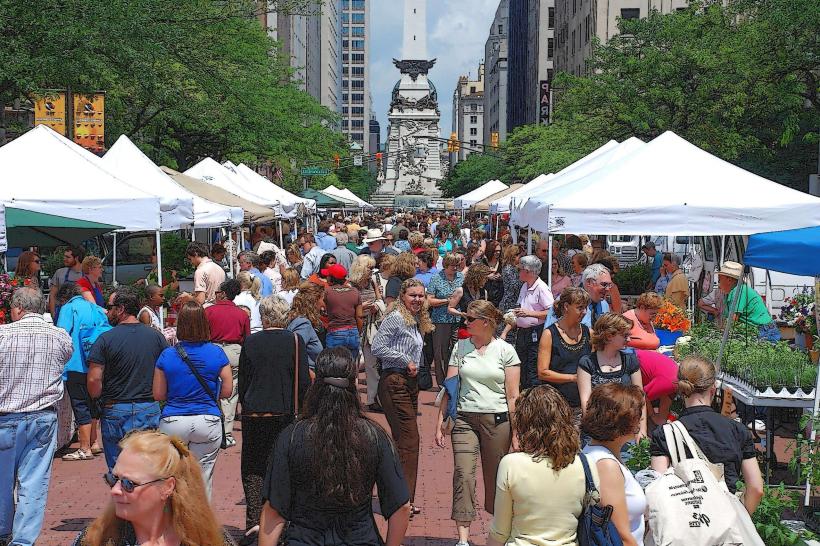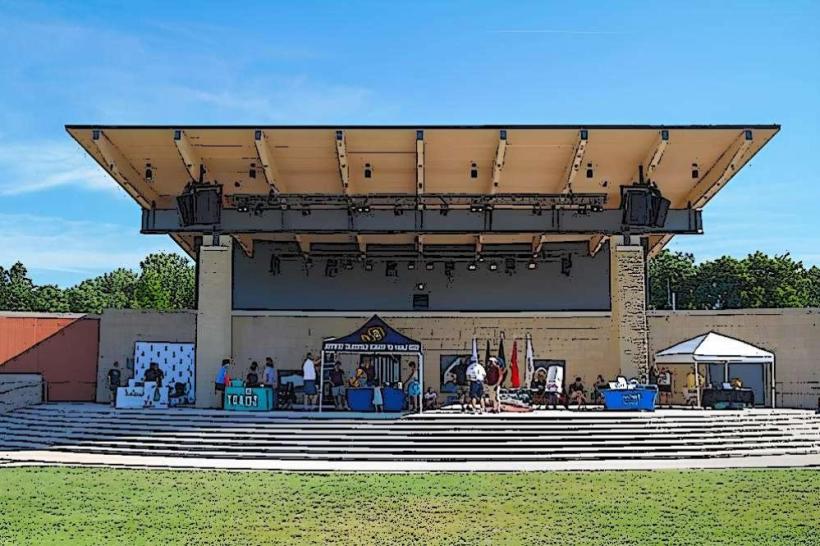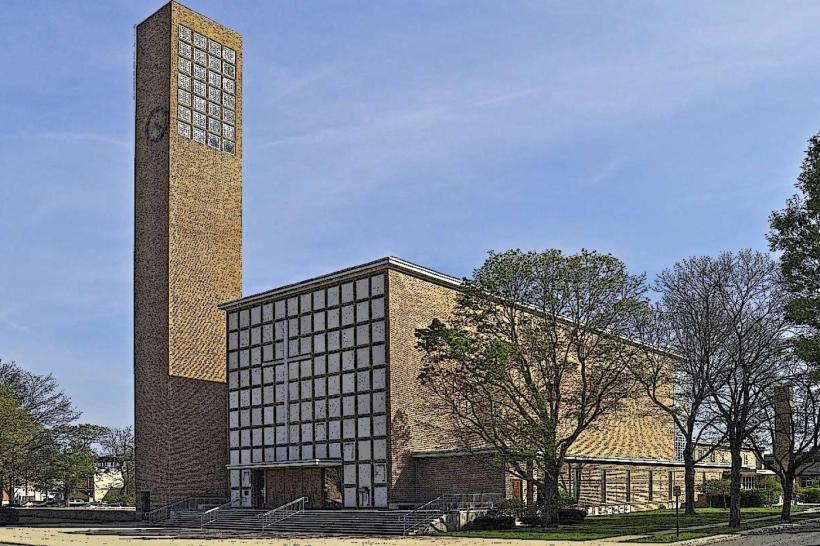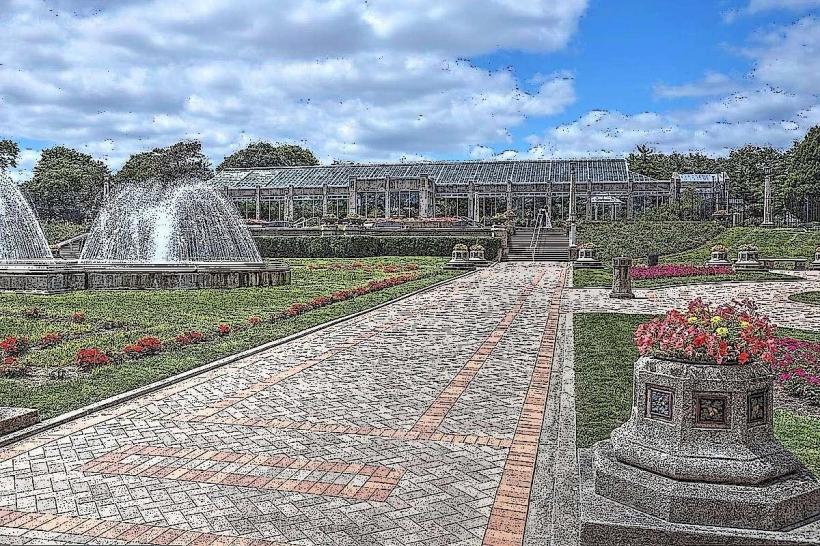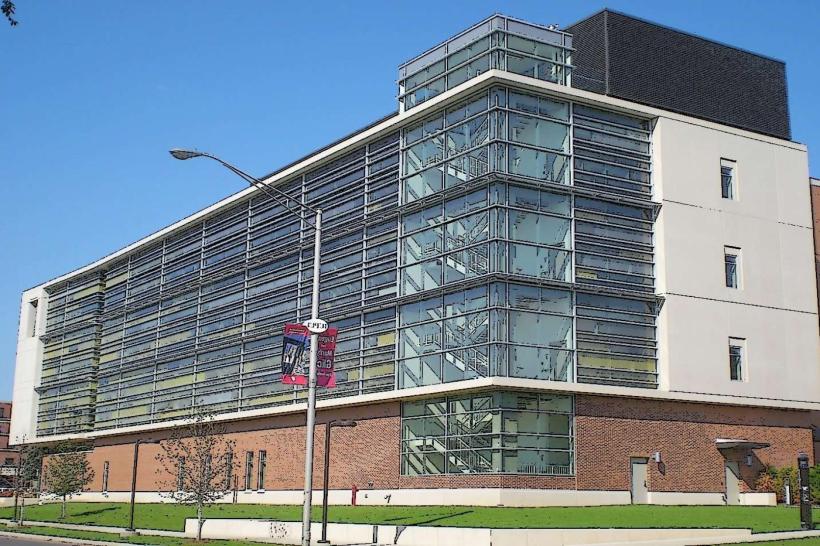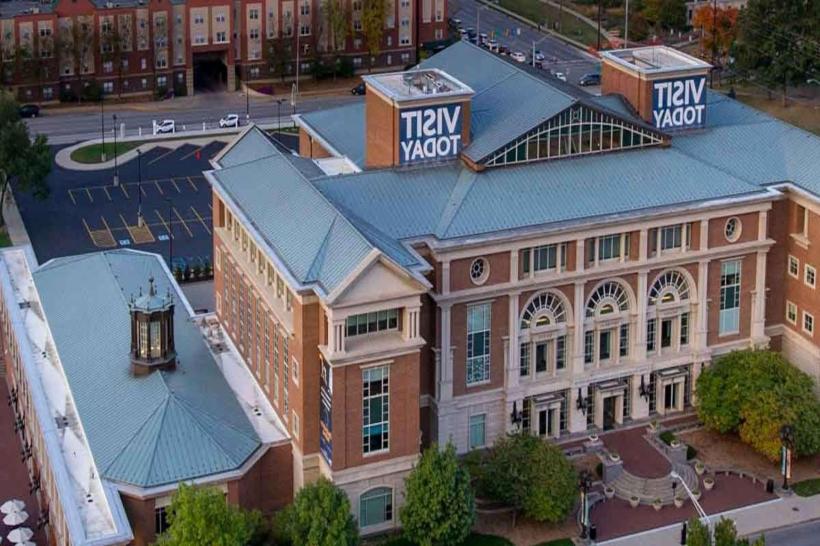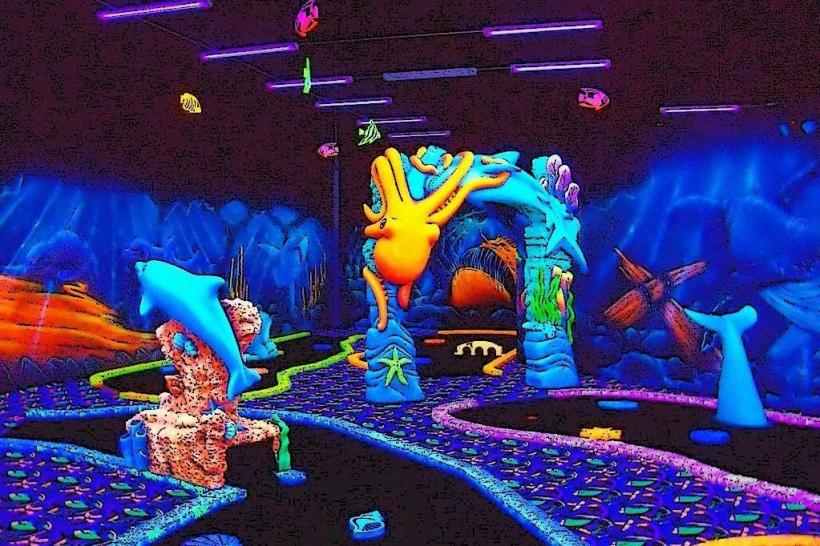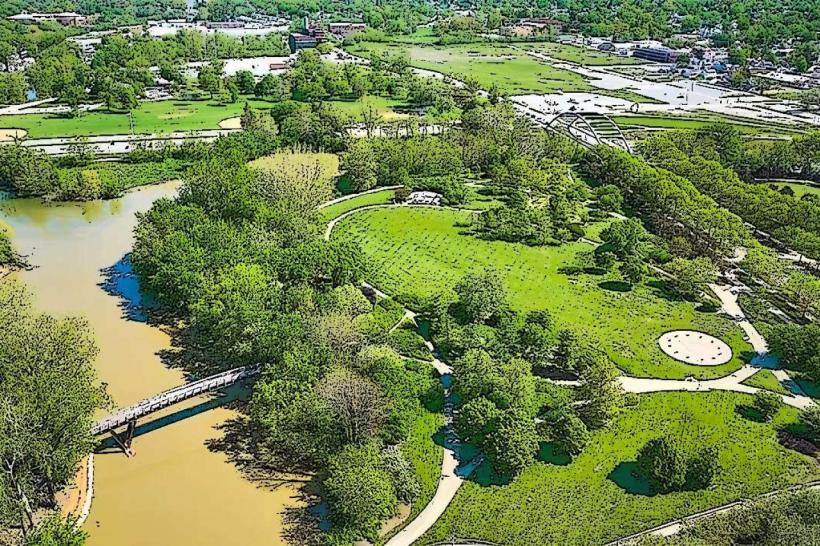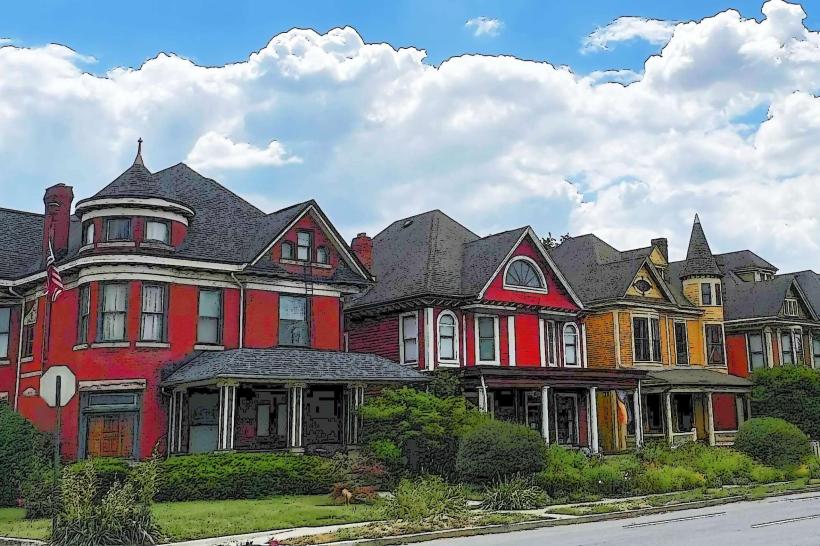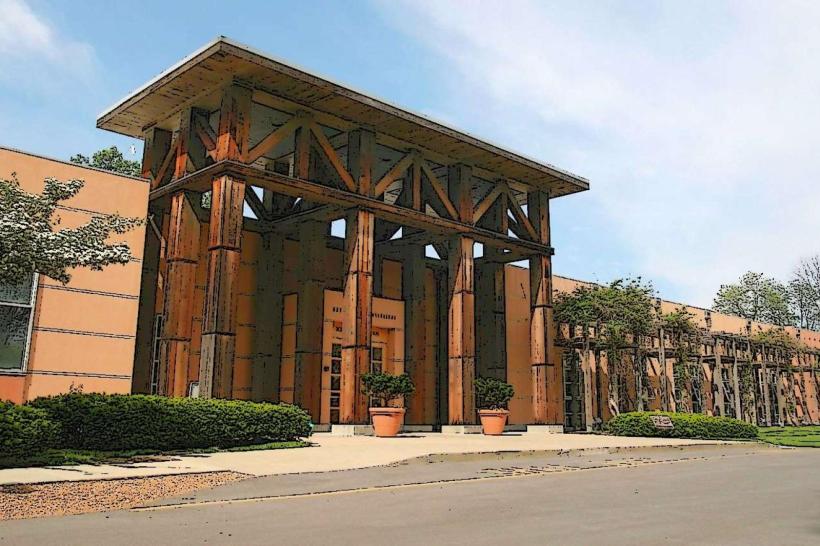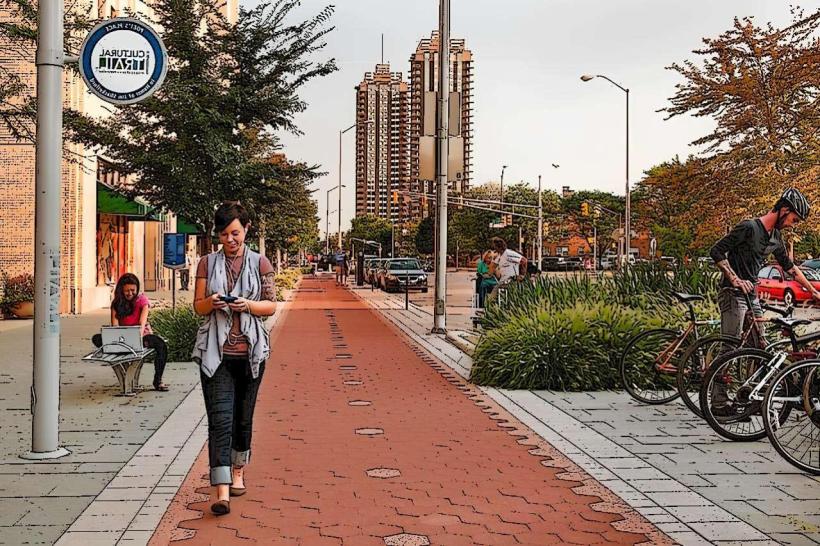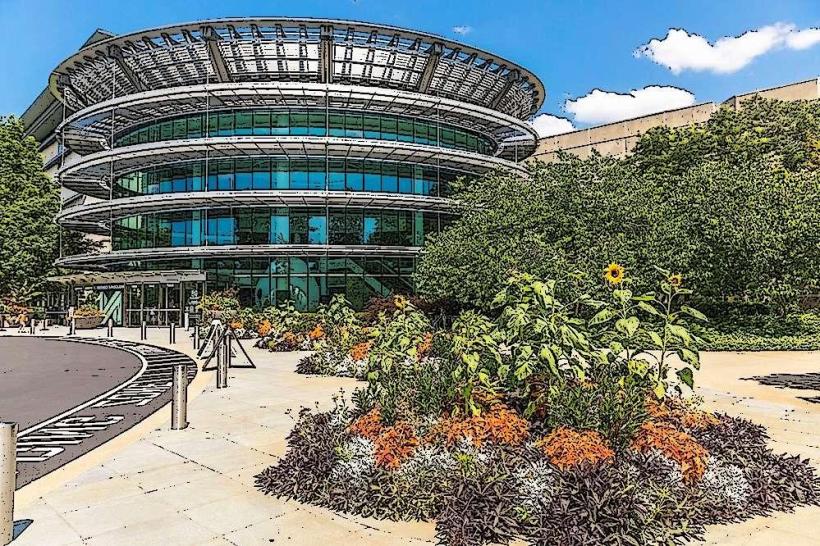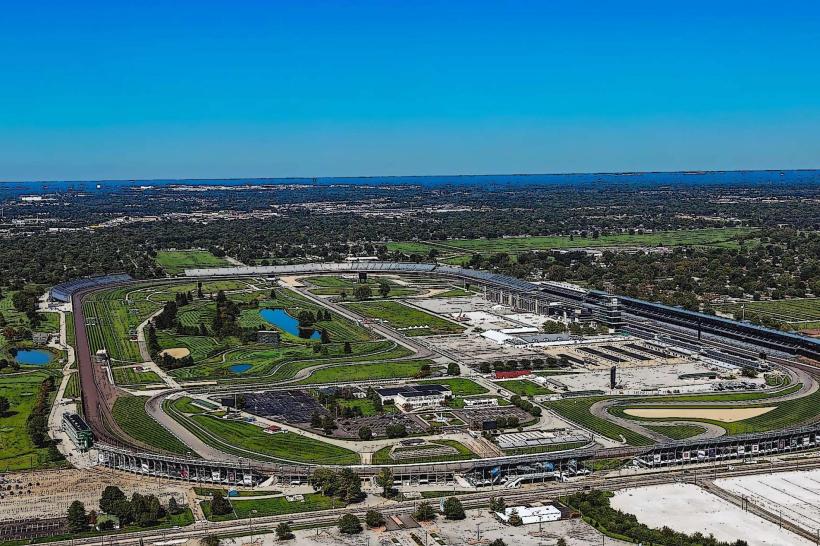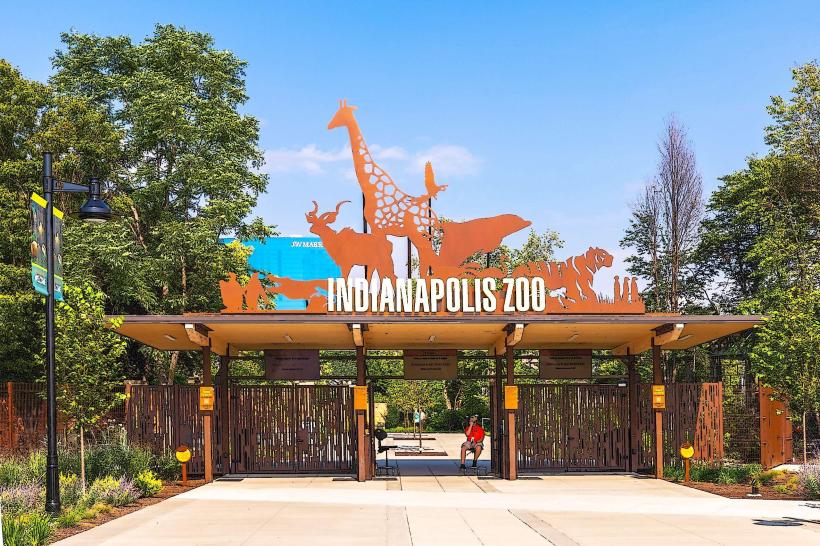Information
Landmark: Center for the Visual and Performing ArtsCity: Indianapolis
Country: USA Indiana
Continent: North America
Center for the Visual and Performing Arts, Indianapolis, USA Indiana, North America
The Center for the Visual and Performing Arts, commonly referred to in its current form as the Allied Solutions Center for the Performing Arts, is located in Carmel, Indiana, and stands as one of the most sophisticated and thoughtfully planned cultural institutions in the Midwest. This complex represents a major investment in architectural beauty, community identity, and the performing arts. Opened in 2011, it has since become a regional destination for both world-class performances and community-driven arts engagement.
ARCHITECTURAL AND CAMPUS DESIGN
The Center is not a single building but a comprehensive cultural campus, master-planned to support artistic performance, education, community gatherings, and urban placemaking. The campus includes:
1. The Palladium – Payne & Mencias Concert Hall
The crown jewel of the complex, the Palladium is a 1,500- to 1,600-seat concert hall modeled after the Italian Villa La Rotonda by Renaissance architect Andrea Palladio.
Externally, it features Indiana limestone, a symmetrical domed roof, arched windows, and terraced steps-a design intentionally referencing timeless European civitas.
Internally, the space is acoustically tuned to world-class standards, with a shoebox-shaped hall, movable acoustic panels, and mechanically adjustable ceiling reflectors that allow for changes depending on the type of performance-whether orchestral, choral, pop, or soloist.
Lobby spaces boast Brazilian cherry floors, Italian marble, grand staircases, and sweeping chandeliers, offering a majestic yet welcoming ambiance.
2. Booth Tarkington Civic Theatre
A 500-seat traditional proscenium theatre located in the adjoining James Building.
Named after Indiana author Booth Tarkington, this space is the permanent home of Civic Theatre, one of the oldest continuously operating community theatres in the U.S.
The theatre supports musicals, dramas, comedies, and school performances. Its design emphasizes clear sightlines, spacious seating, and traditional theatrical intimacy.
3. The Studio Theater
A 200-seat flexible black-box theater, allowing for modular configurations depending on performance needs.
This space is tailored to contemporary, experimental, or intimate productions. It's used by groups like Actors Theatre of Indiana, dance companies, and student groups.
4. Carter Green Plaza
A landscaped open plaza in the heart of the campus. Designed as a multi-use green space, it hosts:
The Carmel Farmers Market (May–October)
Holiday events like the Christkindlmarkt
Open-air concerts, art fairs, and community festivals
The plaza is surrounded by restaurants, residential buildings, and retail, making it an everyday gathering point as well as a stage for large events.
PERFORMANCES AND PROGRAMMING
The Center operates under The Center Presents banner, organizing a broad and carefully curated calendar of events. Programming is intentionally genre-diverse, covering:
Classical music (Indianapolis Symphony, visiting orchestras)
Jazz (notable performers from Jazz at Lincoln Center, modern jazz trios)
Broadway and musical theater
Dance (ballet, contemporary, and world dance)
Choral and operatic music
Comedy and spoken word
Pop, country, blues, and folk concerts
Resident Arts Organizations
The Center is also home to six resident companies, each contributing to Carmel’s cultural vitality:
Carmel Symphony Orchestra
Actors Theatre of Indiana
Civic Theatre
Gregory Hancock Dance Theatre
Central Indiana Dance Ensemble
Indiana Wind Symphony
These organizations use the campus as their creative home, offering public performances, rehearsals, educational programs, and collaborative productions.
THE GREAT AMERICAN SONGBOOK FOUNDATION
A major feature of the Center is the presence of the Great American Songbook Foundation, founded by acclaimed musician and preservationist Michael Feinstein.
The Foundation’s archives, gallery exhibitions, and oral histories are located within the Palladium.
It preserves and promotes the golden age of American popular music-composers like Irving Berlin, George Gershwin, Cole Porter, and Rodgers & Hammerstein.
They offer educational programs, high school competitions, and public concerts aimed at maintaining the legacy of American songwriting traditions.
EDUCATION, COMMUNITY ENGAGEMENT, AND ACCESSIBILITY
The Center is deeply committed to educational outreach and public access. Its programs include:
“Peanut Butter & Jam” concerts – interactive classical music experiences for preschoolers and young children.
Masterclasses led by visiting artists in voice, dance, jazz, and theater arts.
Summer arts camps and in-school outreach.
Virtual learning programs introduced during the pandemic, with music and performance tutorials for remote access.
Accessibility is prioritized through:
Sliding ticket pricing
Discounts for seniors and students
Free public programming in the plaza and online
Assistive listening systems, wheelchair seating, and inclusive facilities
ECONOMIC AND CULTURAL IMPACT
The Center was conceived as the anchor of Carmel’s City Center redevelopment, an ambitious project led by Mayor Jim Brainard to transform the city into a walkable, livable arts-driven community.
The combined construction of the Palladium, Tarkington, Studio Theater, and surrounding infrastructure cost around $180 million.
The complex drew local criticism early on due to its cost but has since proven its value by:
Drawing hundreds of thousands of visitors annually
Enhancing real estate values
Supporting over 3,000 jobs in arts, hospitality, and retail
Creating a national reputation for Carmel as a cultural destination
Naming rights were acquired by Allied Solutions in 2024, ensuring long-term funding and stability.
ATMOSPHERE AND DESIGN PHILOSOPHY
The Center was built with the belief that access to beauty and culture elevates everyday life. Every detail-stonework, landscaping, lighting, acoustics-was crafted to support that mission. It is designed not just as a venue for consumption, but as a public space for encounter, conversation, and celebration.
Inside, one experiences formality without pretense.
Outside, the Carter Green encourages serendipitous gathering, children playing, buskers performing, and neighbors meeting for coffee after a concert.
The integration of old-world classical architecture and modern civic functionality makes the complex feel timeless.
CONCLUSION
The Center for the Visual and Performing Arts is more than a building; it is a vision realized-a place where world-class artistry, community theater, arts education, and public space intersect. It is a cultural heart that beats throughout the city of Carmel, drawing people in not just to watch, but to belong.
Whether you're attending a symphony, enjoying a Shakespeare play, walking through a summer festival, or watching a child perform for the first time, the experience is elevated by the Center’s commitment to excellence, inclusion, and shared beauty.

